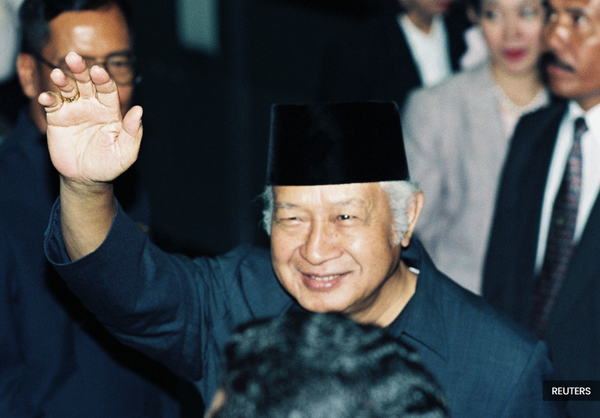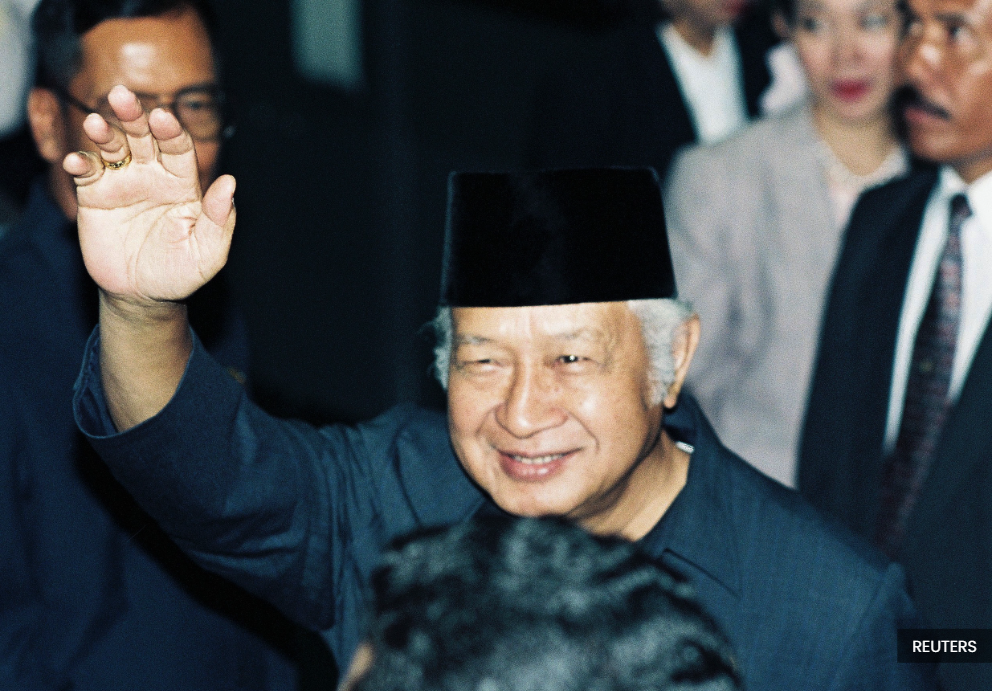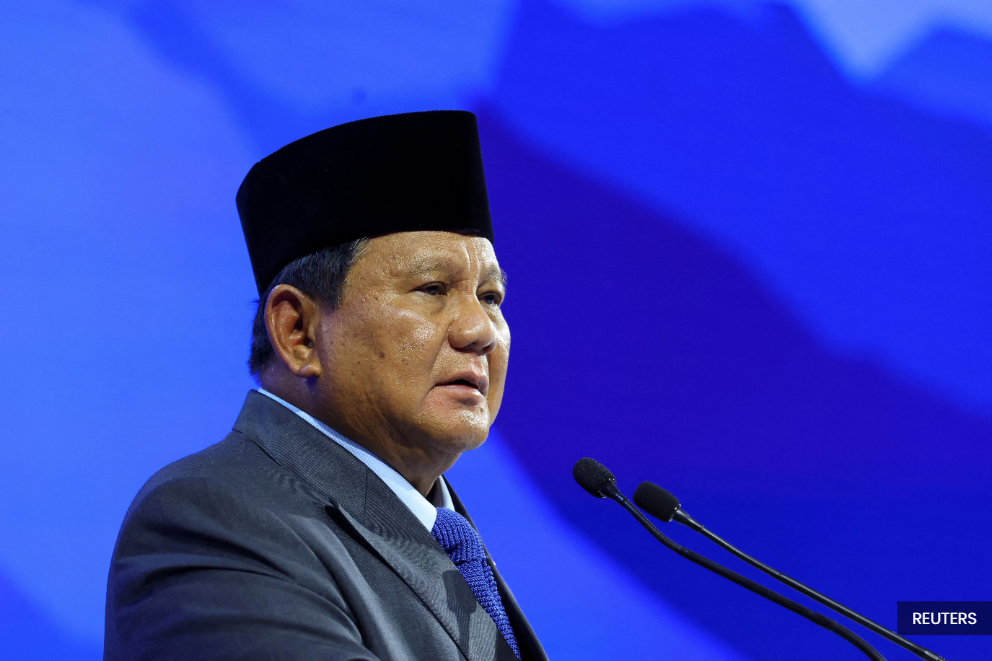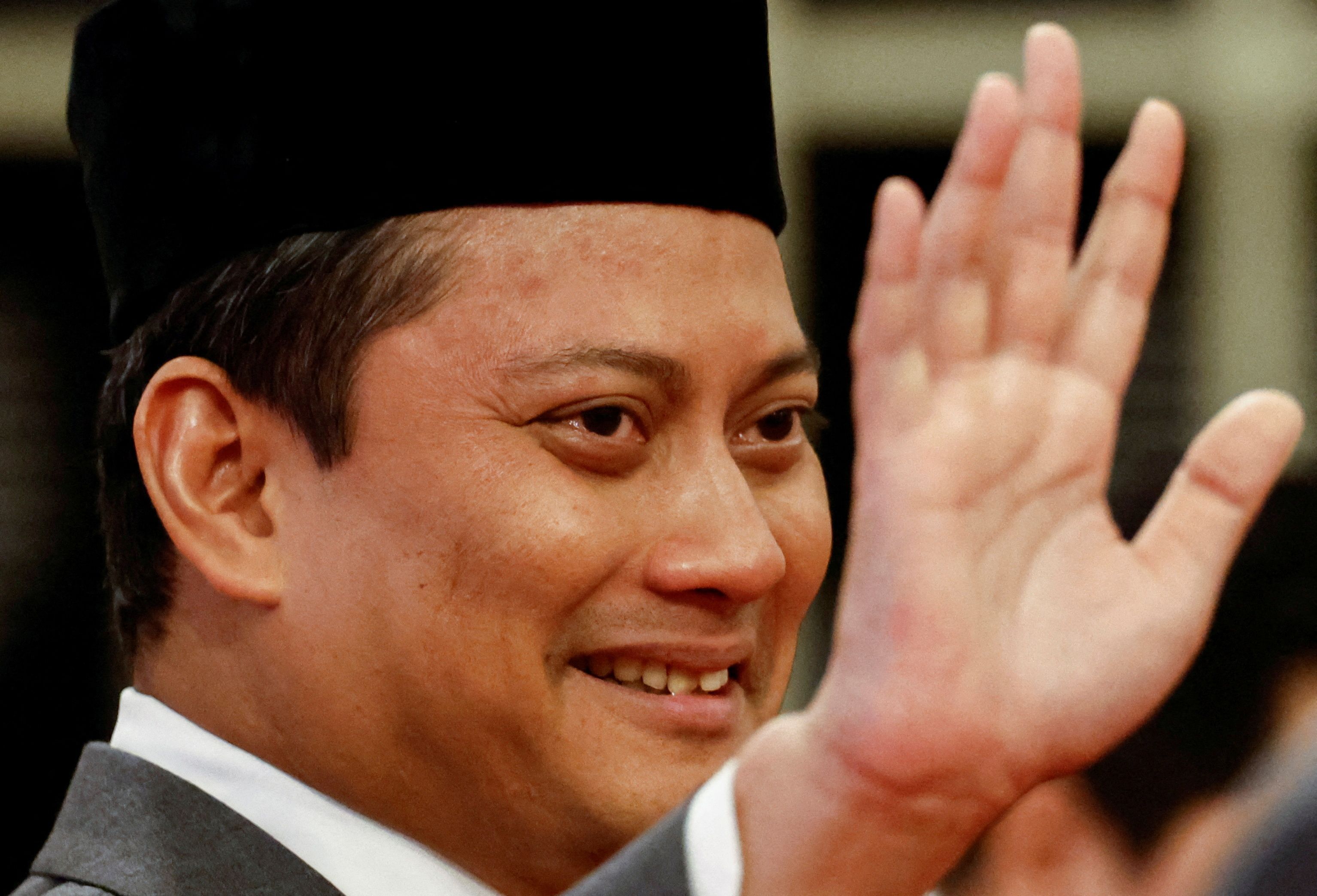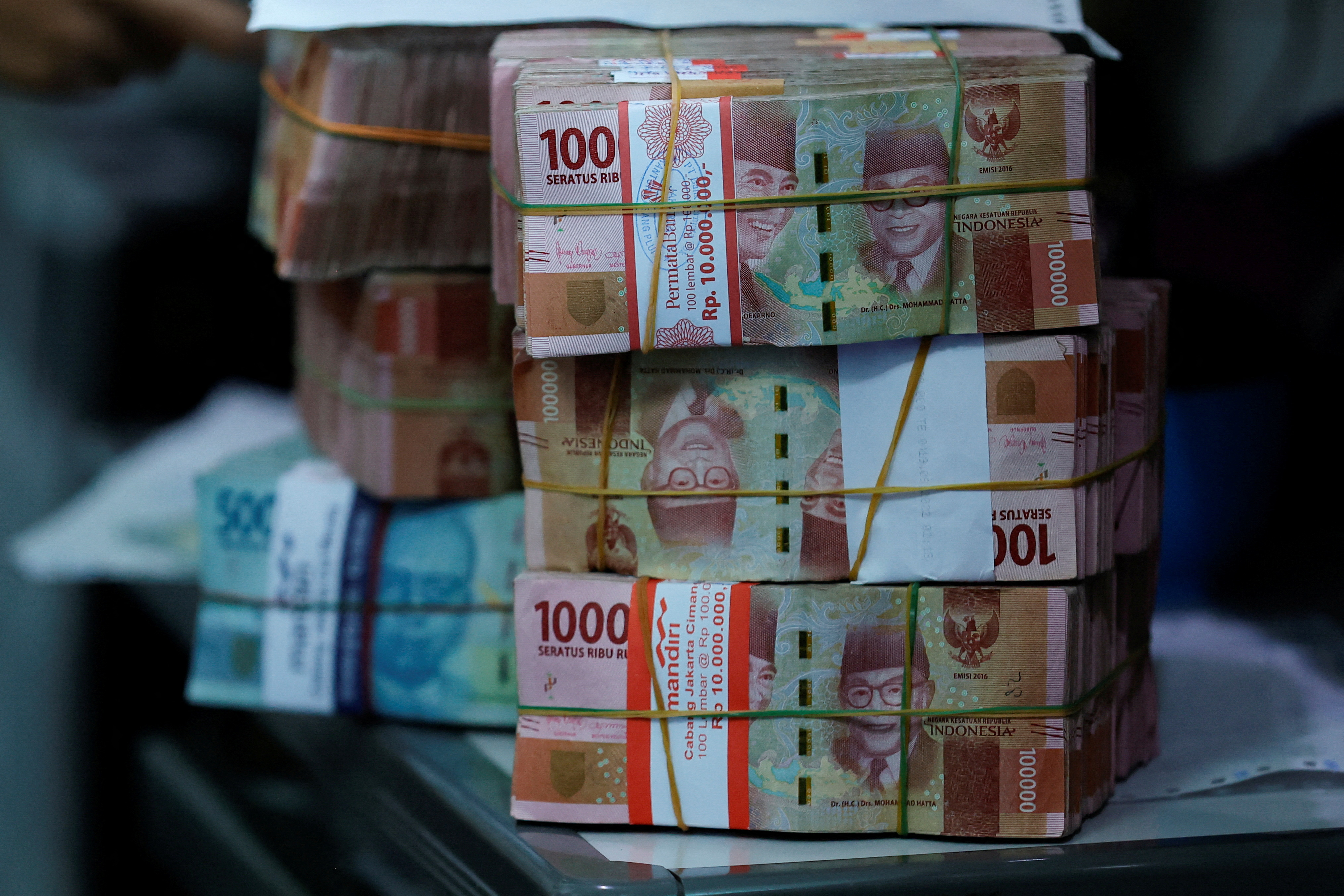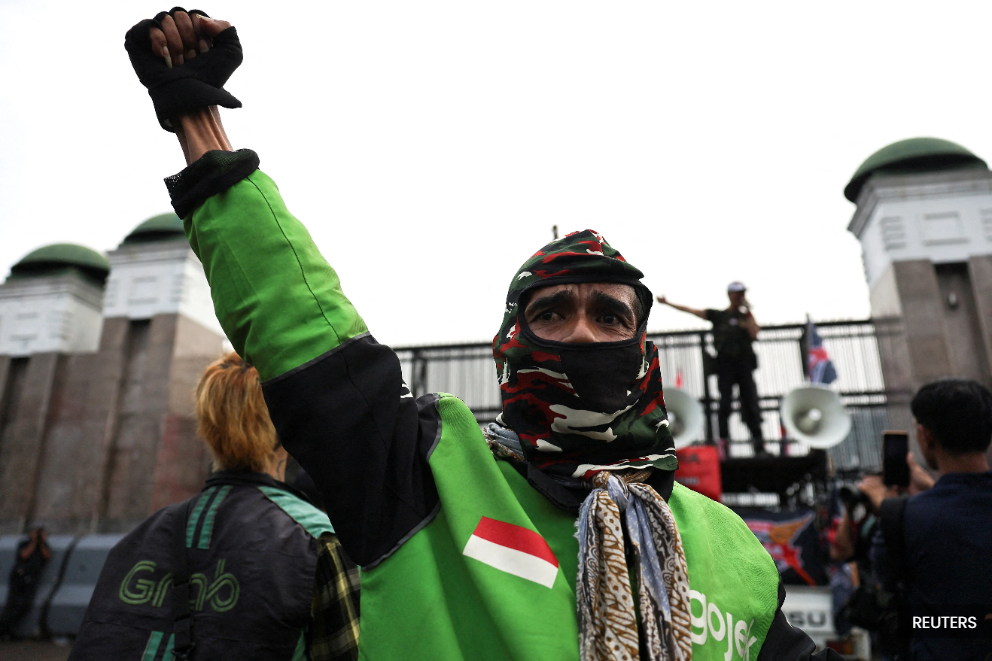JAKARTA, Nov 10 — Indonesia awarded the title of national hero today to late President Suharto, who was forced out of office in 1998 by violent protests that ended a three-decade rule marred by accusations of mass human rights violations, corruption and nepotism.
The title was conferred in a ceremony presided over by President Prabowo Subianto, Suharto's former son-in-law, despite protests by pro-democracy activists and the families of those affected by the strongman's iron-fisted rule. Prabowo took office one year ago.
"A prominent figure from Central Java province, a hero of the struggle for independence, General Suharto stood out since the independence era," an announcer said as Prabowo handed the award to Suharto's daughter and son.
Indonesia gained independence in 1945 from then colonial powers Netherlands and Japan.
Every year, the title of national hero is awarded to Indonesians who have contributed significantly to the Southeast Asian archipelago's development. Suharto, who died in 2008, was one of 10 people to get the title today.
Suharto, a military officer, formally became president in 1967 after he seized control of Indonesia from the country's first president and independence leader, Sukarno.
He steered Indonesia through three decades of rapid economic growth and stability, only to see much of his work unravel as the country was plunged into chaos during the Asian financial crisis in 1997-98.
This morning, ahead of the ceremony, a Reuters reporter saw Suharto's portrait among a display of framed pictures of 10 people who will be awarded the title of national hero at the centre of Jakarta's state palace.
Suharto was wearing his military uniform in the portrait. His picture was in the front row, between a picture of former president Abdurrahman Wahid and labour activist Marsinah, who was kidnapped and murdered during Suharto's rule.
Activists gathered last week in Jakarta to protest against the proposal to grant the title, reflecting wider concerns about historical revisionism in the country.
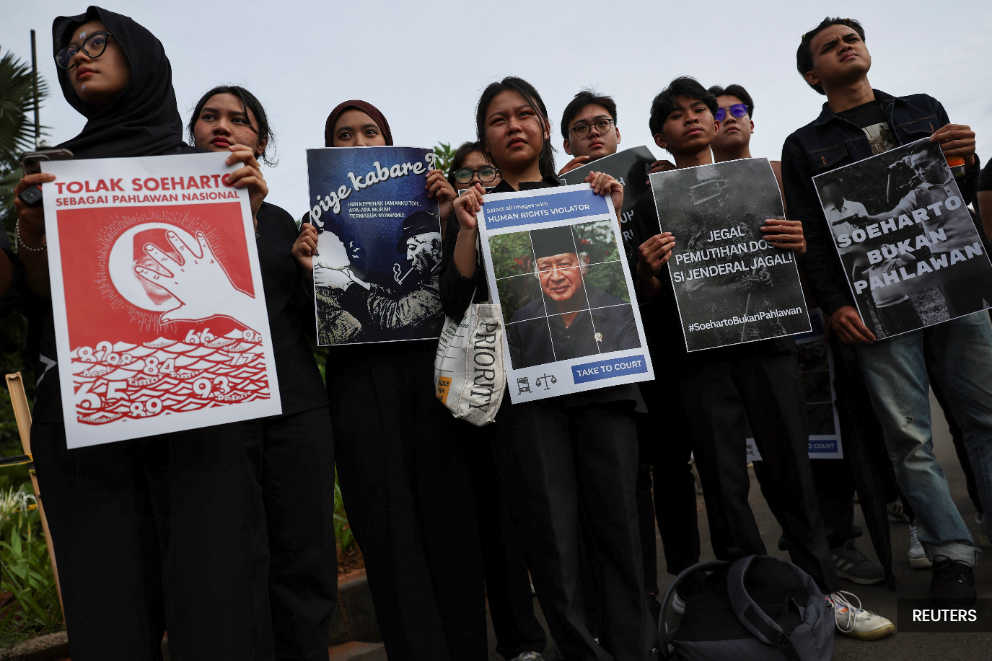
Suharto, a former soldier, used the military to dominate civilian affairs and crush dissent. He was also accused of massive corruption and nepotism benefiting his family and cronies, although no charge was proven and he never went on trial due to his failing health.
The move is also a red flag for things to come under Prabowo, who was a special forces commander under Suharto aside from being married to his daughter before the two were divorced after Suharto's ouster. Prabowo has also been accused of human rights violations in East Timor by troops under his command, although he has denied the charges.
Suharto's role in mass killings in 1965 that ultimately spelled the end of Sukarno's rule was never proven. Historians say about 500,000 people were killed.
Indonesia has never investigated the killings.


